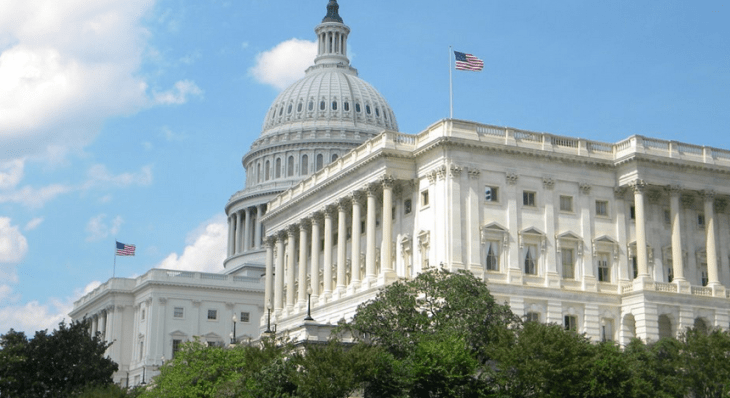On July 2nd, the Privacy and Civil Liberties Oversight Board (PCLOB) will release a report on the government’s use of Section 702 of the Foreign Intelligence Surveillance Act to execute surveillance. The NSA’s PRISM program, for example, is legally grounded in Section 702.
The independent oversight group is part of the Executive Branch, and is notable for its sharp rebuke of the government’s program under Section 215 of the Patriot Act to collect the phone call metadata of U.S. citizens. Its January dissertation called the program illegal and likely unconstitutional.
The group promised to review both the 215 and 702 programs, releasing the 215 decision first, followed by its 702 verdict. So, the report is not a surprise. According to the PCLOB’s first report, it received deep access to the NSA, even being able to view classified opinions of the Foreign Intelligence Surveillance Court, and saw the Section 215 program in action. In short, they got to see the full stack, from legal foundation to technical execution.
As TechDirt noted, the PCLOB’s 215 report was plainly written and accessible. Provided that the board weighs against Section 702 programs — for more on a partial look into how wide those efforts are, head here — it could produce a paper laying out an inveighing that the average person could fully understand. That would be a boon to the nation.
According to the board, its report will examine “Section 702 program’s development and operation, statutory basis, constitutional implications, and whether it strikes the right balance between national security and privacy and civil liberties, and will make recommendations for policy reforms.” The final clause of that indicates that at a minimum, the Board doesn’t find current government policy to be faultless, which is encouraging.
Even more, as The Hill noted earlier today, the report will be released “as the Senate continues debate on legislation to overhaul the NSA’s operations and could provide ammunition to reformers looking for major reforms.” That’s reasonable analysis.
To have the board decline to endorse current Executive Branch activity twice running would be notable dissent. Of course, it could propose modest reform amidst a broader agenda of inaction, which would represent a setback for the reform-minded.
Either way we’ll know in less than a week. TechCrunch will cover the release of the document.
For flavor, here’s the PCLOB’s paragraph detailing its constitutional worries regarding the Section 215 program:
The NSA’s telephone records program also raises concerns under both the First and Fourth amendment to the United States Constitution. We explore these concerns and explain that while government officials are entitled to rely on existing Supreme Court doctrine in formulating policy, the existing doctrine does not fully answer whether the Section 215 telephone records program is constitutionally sound. In particular, the scope and duration of the program are beyond anything before confronted by the courts, and as a result of technological developments, the government possesses capabilities to collect, store, and analyze data not available when existing Supreme Court doctrine was developed. Without seeking to predict the direction of changes in Supreme Court doctrine, the Board urges as a policy matter that the government consider how to preserve underlying constitutional guarantees in the face of modern communications technology and surveillance capabilities.
The July 2 report could be quite interesting.
